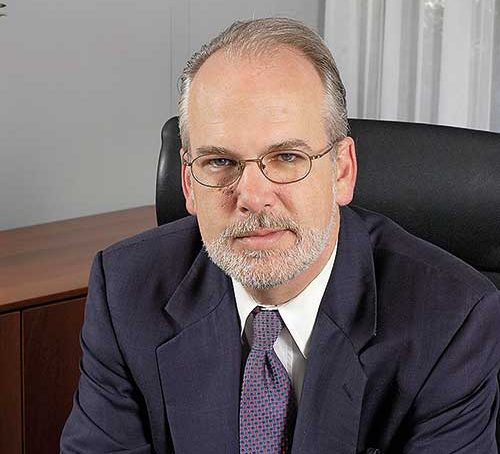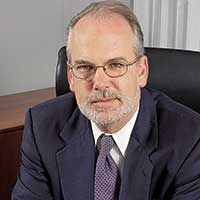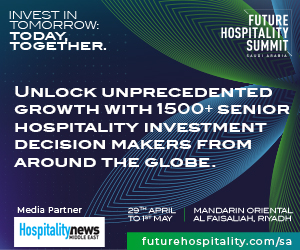< Read Before: Ecole Hôtelière de Lausanne

THE EXPERIENCE DESIGN APPROACH
For one of the world’s most reputed culinary and hospitality schools, design thinking is playing a fundamental role. Jeffrey Catrett, Academic Director at Institut Paul Bocuse explains
How are the programs offered being updated to accommodate innovation?
We have instituted a number of different programs that are specifically designed to focus on experience design and design-based thinking generally. We offer, for example, an entire specialization in our fourth year in ‘Lifestyle Hospitality Management’ specifically dedicated to new models of hospitality. This year, we also launched a ‘Luxury Hospitality Management’ specialization with a strong focus on evolving perspectives in luxury. The program raises students’ awareness about the many new models of luxury, especially those focusing on transformational experiences. On the rise, these experiences are increasingly sought by sophisticated markets in lieu of flashy conspicuous consumption, especially when it comes to persons representing new wealth in developing countries. Finally, our MSc. in International Hospitality Management, offered in partnership with Emlyon Business School, has a strong base in the early maker mentality and design thinking with major projects pushing students to develop new concepts and new brands along with experience models. In fact, our entire curriculum is highly-balanced offering students traditional hospitality and management with an increased focus on design thinking and creativity. The challenges are numerous. For faculty coming from traditional research-based backgrounds in the applied social sciences of management, it is quite difficult to cope with an experience-based world where customers demand surprises and educational approaches increasingly require creative and aesthetic solutions that cannot come exclusively from scientific analysis.Traditional marketing asked customers to express what they wanted and needed and challenged operators to fulfill these expectations. But if one of the answers of the modern customers is “Surprise me!” then more creativity is going to be demanded in offering a new and fascinating experience. Faculty from more traditional and vocational technical backgrounds in industry may be more comfortable with aesthetic solutions. However, they are usually steeped in existing models and are therefore ill equipped to deal with a world of big data inputs and true creativity. So, it is challenging to develop a faculty today that is truly able to deal with both the scientific and creative sides of design.

Institut Paul Bocus
Jeffrey Catrett
Academic Director













